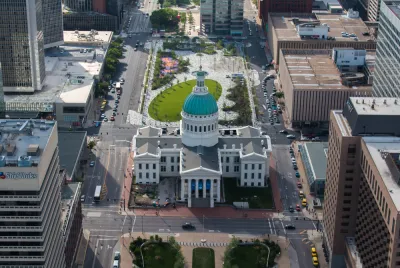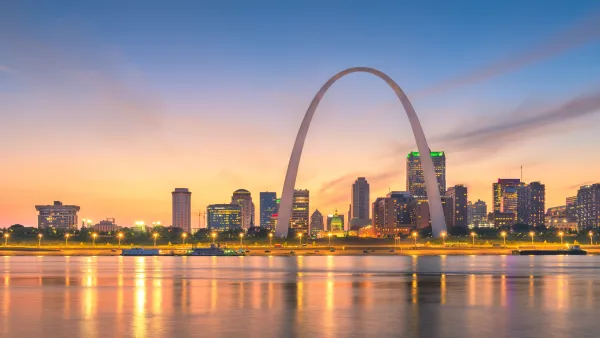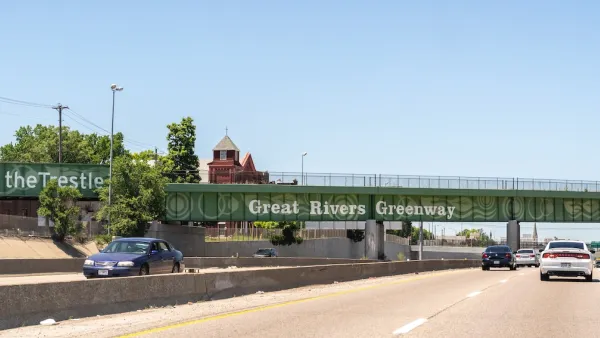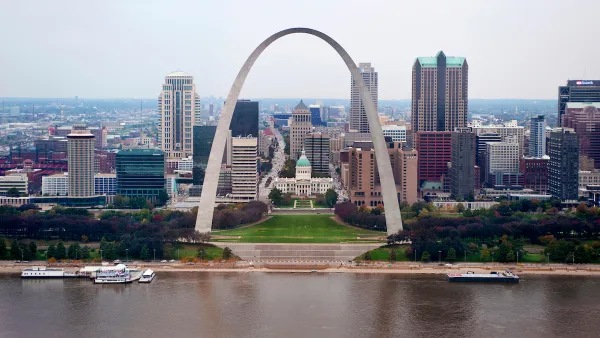Ten St. Louis organizations worked together to pin down mayoral candidates on concrete questions about racial equity—but first they had come to consensus on what issues to focus on.

Tired of hearing the standard rhetoric from our elected officials—promises of lowering the crime rate, easing the tax burden, and repairing potholes—a group of organizations in St. Louis banded together and partnered with local media to ensure that racial equity was the central topic of political debate during the city’s 2017 mayoral race.
A Once-in-a-Decade Opportunity
In 2016 St. Louis City Mayor Francis Slay announced he would not run for re-election. After a historic four terms, this created an opportunity for mayoral candidates to shape new visions for St. Louis.
Among the 10 most segregated metropolitan regions in the country, St. Louis often simmers with unease from decades of racial inequity. In the summer of 2014, an African-American man, 18-year-old Michael Brown, was fatally shot by a police officer in nearby Ferguson. Many St. Louis residents and taxpayers were deeply disappointed in the way city officials responded to the unrest in Ferguson, which crossed into the city’s boundaries. It was clear that this was a critical election year.
Community members and organizations wanted more than just the typical rhetoric from city leaders. There was a need to ensure that community voices and expectations were heard. There was a need to understand how the candidates planned to address inequities in the city and whether they were willing to take a hard stance—publicly—on equity issues important to St. Louis residents, businesses, faith communities, and nonprofits.
To prepare, a group of 10 local organizations focused on systemic change joined together to encourage candidates to address racial equity and make it a focal point in the pivotal election. The group first set its sights on hosting a mayoral forum that would be different from past forums by focusing on racial equity.
FULL STORY: Injecting Racial Equity into an Election Cycle in St. Louis

Analysis: Cybertruck Fatality Rate Far Exceeds That of Ford Pinto
The Tesla Cybertruck was recalled seven times last year.

National Parks Layoffs Will Cause Communities to Lose Billions
Thousands of essential park workers were laid off this week, just before the busy spring break season.

Retro-silient?: America’s First “Eco-burb,” The Woodlands Turns 50
A master-planned community north of Houston offers lessons on green infrastructure and resilient design, but falls short of its founder’s lofty affordability and walkability goals.

Test News Post 1
This is a summary

Analysis: Cybertruck Fatality Rate Far Exceeds That of Ford Pinto
The Tesla Cybertruck was recalled seven times last year.

Test News Headline 46
Test for the image on the front page.
Urban Design for Planners 1: Software Tools
This six-course series explores essential urban design concepts using open source software and equips planners with the tools they need to participate fully in the urban design process.
Planning for Universal Design
Learn the tools for implementing Universal Design in planning regulations.
EMC Planning Group, Inc.
Planetizen
Planetizen
Mpact (formerly Rail~Volution)
Great Falls Development Authority, Inc.
HUDs Office of Policy Development and Research
NYU Wagner Graduate School of Public Service




























